On July 29, HYBE released the 5-episode documentary “Make It Look Easy,” chronicling Le Sserafim’s journey from practicing for their year-end performance in 2022 to preparing for their 3rd mini album “Easy” in 2024.
Although not the first group to show the dark side of idol life, Le Sserafim's documentary is shocking in its honest and detailed depiction of the members' suffering.
For example, in the first episode, Eunchae was gasping for breath during a comeback showcase but still managed to perform. Another member, Sakura , was practicing with an oxygen mask before her debut.
In episode 2, Yunjin cried during practice and said that she felt pressured by the public and people in the industry. In episode 3, Sakura burst into tears and left the stage during the comeback show screening. The situation was so serious that even the filming crew had to stop.
Thinking back on that moment, the singer confessed: “I felt sorry to the fans because what I did well during practice didn't work out on stage, and I struggled to keep smiling.”
In another episode, the members kept asking themselves: “Why did I choose to become an idol?”, “Is it worth continuing to do this when it’s so difficult?” or “I don’t know what will make me happy”… causing many mixed opinions.
The reason is because most of the scenes in the 5 episodes show the members physically and mentally exhausted, but still trying to convey the message of “moving forward without fear”.
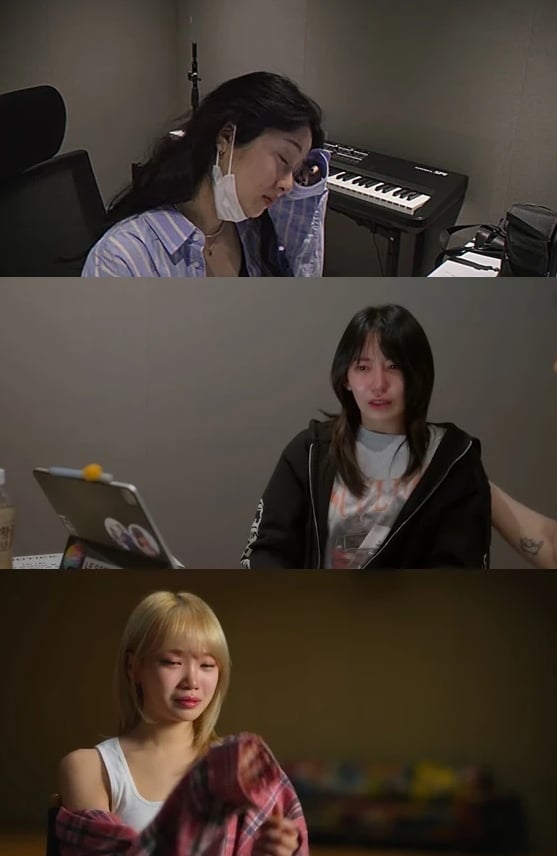
In the wake of the controversy surrounding Le Sserafim’s documentary, Oh My News (Korea) has made many speculations. Among them, the purpose is to “sell products”, as the newspaper emphasized.
“Like salespeople, idols have to find their own unique selling points to survive in the industry. This leads to a situation where idols have to use even their own hardships as a weapon to attract the public.
This phenomenon is fueled by the global expansion of Kpop and the constant debut of new idol groups, creating an environment where idols are easily replaced.
Idols are perfect “stars,” but at the same time, they have become “products” that can be replaced by other stars. Although there is always a behind-the-scenes aspect to the glamorous appearance, even that aspect has become a commodity,” wrote the Korean newspaper.
The newspaper also gave an example of idol commercialization as “paid media services”. With an average subscription fee of 3,500-4,500 won (65,000-84,000 VND) per month, fans can communicate with their idols.
The platform is designed to feel like a one-on-one conversation, making fans feel like they are exchanging text messages with their idols. However, this “conversation” also has its downsides. Not a few fans now prioritize “money value” over love.
When idols do not log in to the communication app or send short messages regularly, they may complain that they are not “getting their money’s worth.” Some even ask for a refund because the idol is not active on the app.
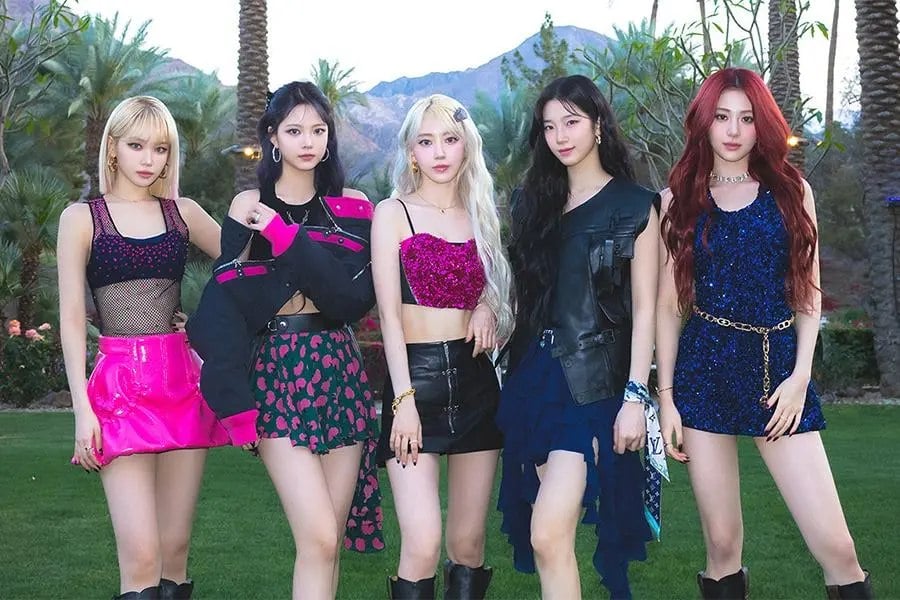
Korean newspapers believe that since the advent of paid media services, idols have become emotional workers selling joy to an anonymous crowd. And the fact that the members of Le Sserafim cried tears of joy when confessing their hardships seems to be no exception.
Source: https://laodong.vn/van-hoa-giai-tri/dang-sau-viec-ban-cam-xuc-cua-le-sserafim-1375961.ldo




![[Photo] Wandering through dreams](https://vphoto.vietnam.vn/thumb/1200x675/vietnam/resource/IMAGE/2025/6/24/5eacd7c04f86495cbff912448fa6e934)
![[Photo] Prime Minister Pham Minh Chinh chairs the national online conference on combating smuggling, production and trade of counterfeit goods.](https://vphoto.vietnam.vn/thumb/1200x675/vietnam/resource/IMAGE/2025/6/23/4a682a11bb5c47d5ba84d8c5037df029)
![[Photo] Prime Minister Pham Minh Chinh holds meeting to launch exhibition of national achievements to celebrate 80th National Day](https://vphoto.vietnam.vn/thumb/1200x675/vietnam/resource/IMAGE/2025/6/23/0c0c37481bc64a9ab31b887dcff81e40)

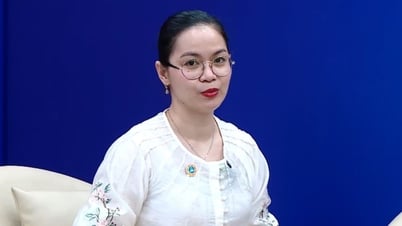





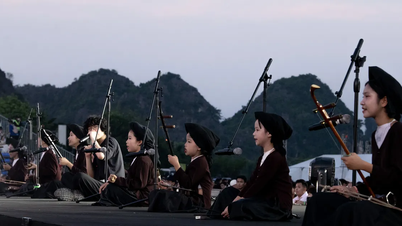

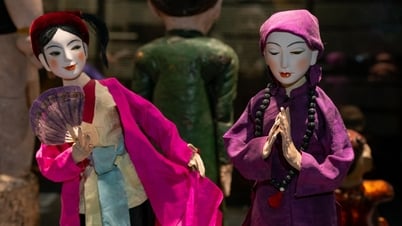
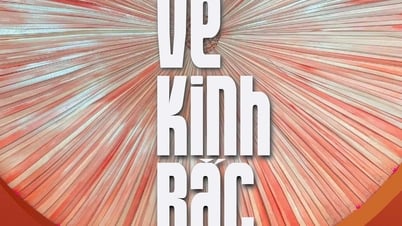




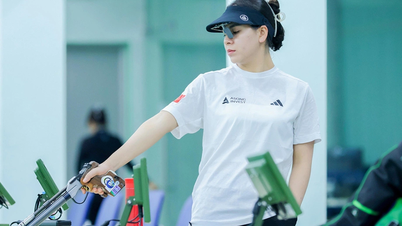









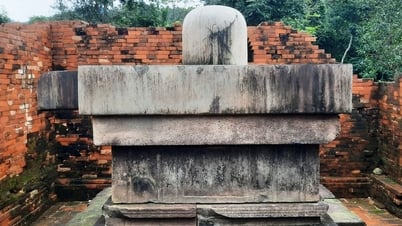






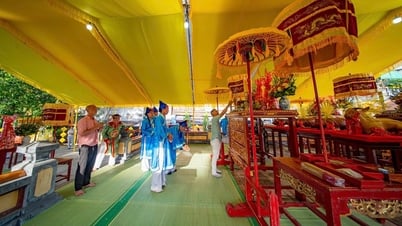




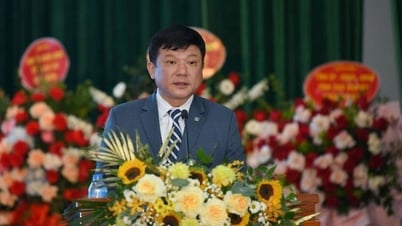







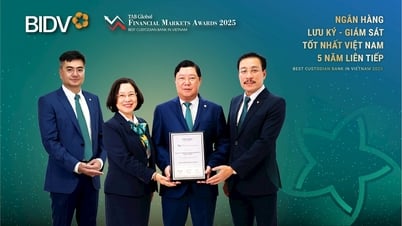

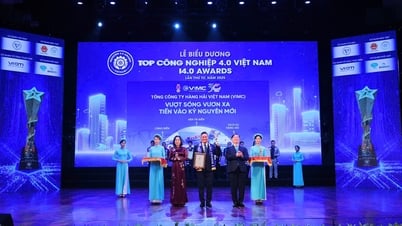


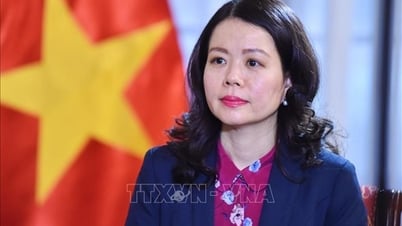






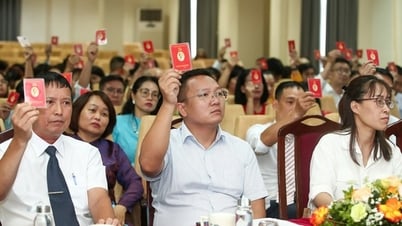
![[Infographic] The 1st Congress of the Party Committee of the Ministry of Culture, Sports and Tourism, term 2025-2030](https://vphoto.vietnam.vn/thumb/402x226/vietnam/resource/IMAGE/2025/6/24/8afbd7c780424568b23fd09cd74c8b1d)


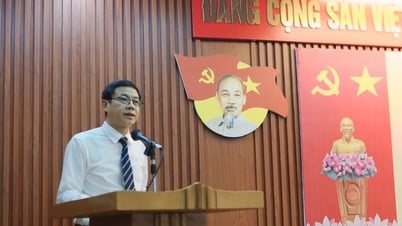


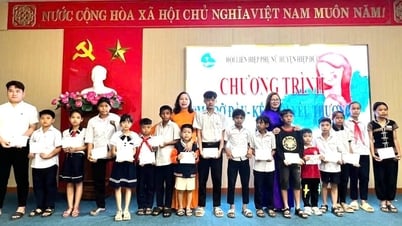
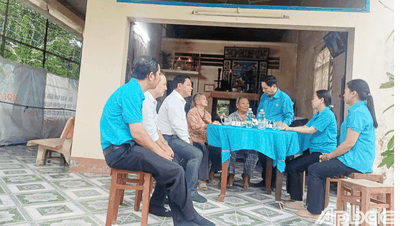




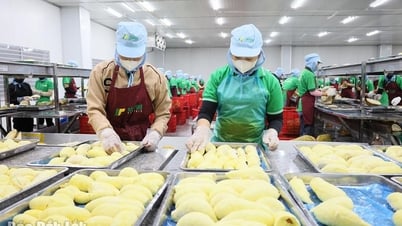












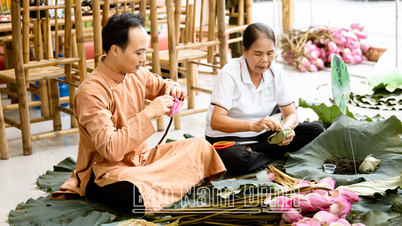






Comment (0)